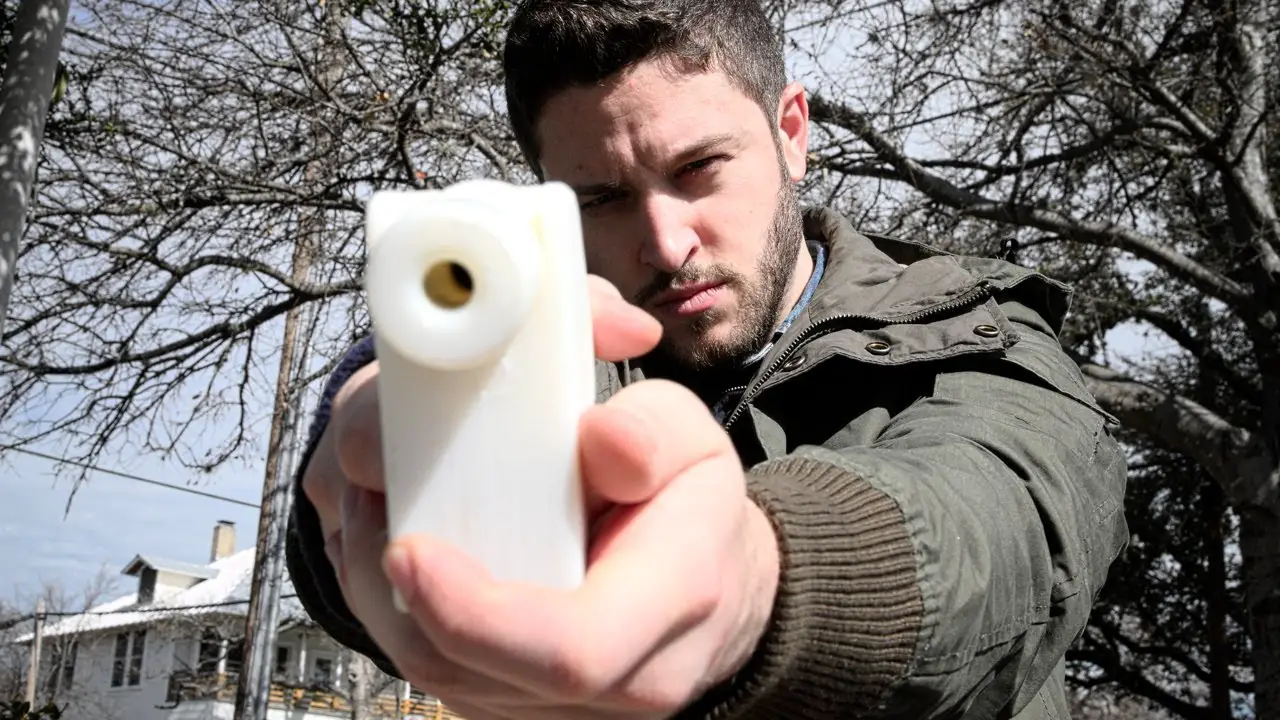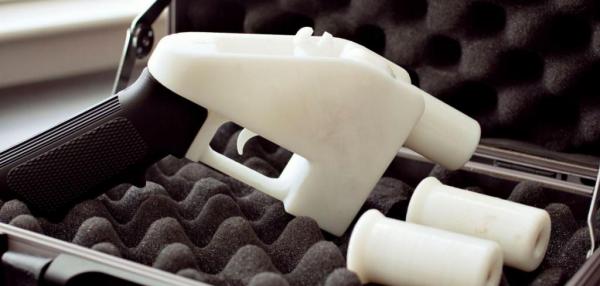What with all the activism, protests, moral appeals, statistics and compromises, stricter gun legislation seemed an inevitable, if perhaps far-off, given. There have already been 199 mass shootings in the United States in 2018 alone. The Gun Violence Archive defined “mass shooting” as at least four individuals being shot and killed at the same time and place.
So the simplest and most logical step is to make it harder to access guns. As it is now, all you need to do to buy a lethal weapon is pass a background check, and even that precaution is flimsy at best. Most gun control activists are simply asking for tighter background checks and a more controlled process of acquisition. So WHY is the Trump administration about to make it easier to get guns?
In 2012, Cody Wilson started Defense Distributed, a Texas-based online “anarchist” organization that provided the blueprints for 3D printable guns. The AR-15, a semi-automatic assault rifle and handguns were just a few of the options that Defense Distributed made available to the public.

Within a week, Wilson received a letter from the U.S. State Department telling him to take down the blueprints. Wilson decided to pursue a lawsuit that was settled in 2015 by the Department of Justice. His case? That not only was outlawing his blueprints an impingement on his Second Amendment rights, but it was also a violation of Wilson’s right to free speech.
Just a few weeks ago, the Tump administration announced that it agreed with Wilson’s claims to such an extent that it was going to allow the blueprints to go live on Aug. 1. The guns that can be created from those blueprints are being called “ghost guns.” They have no serial number, so they can’t be traced; they are made of plastic, so they can’t be detected by metal detectors; they can be printed by anyone, at any age, who has access to a 3D printer.
“No one is safer if criminals can print untraceable guns on demand,” said two attorneys in a statement by the co-chairs of the Prosecutors Against Gun Violence group. “Allowing this exemption from federal rules would be an unconscionable mistake, making it all-too-easy for anyone with a dangerous history — including terrorists and domestic abusers who cannot pass a background check — to download files and print a functional gun with 3D printers available to any consumer. This decision undermines the critical public safety laws that prosecutors enforce day in and day out.”
For a while, it looked like that 3D-printed, plastic, untraceable and undetectable guns would be the next wave in American violence, but at the last minute, eight states finalized a lawsuit that called upon a federal judge to temporarily block the blueprints’ release. Just yesterday, the Trump administration responded to the block by backtracking and agreeing with the existing law against homemade plastic guns.
“Downloads are disabled until I see the order,” Wilson told CNN. We can only hope that this block on the ghost guns is much more than temporary, but it is still terrifying to live in a country that was two days away from okay-ing possibly the most dangerous weapon the world has seen yet.

















